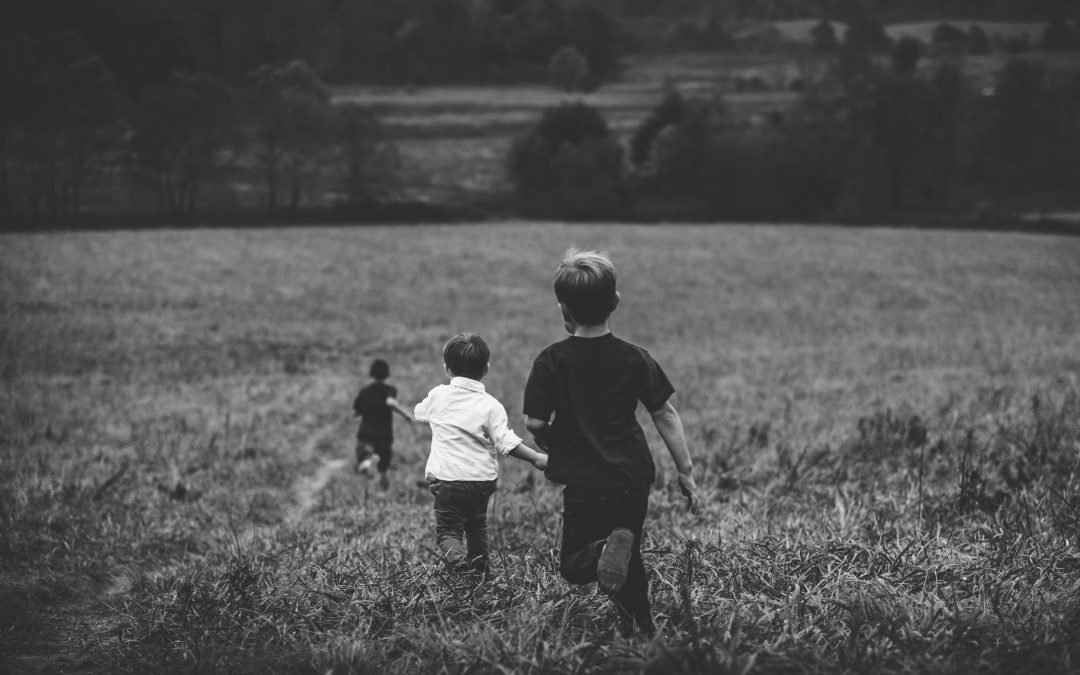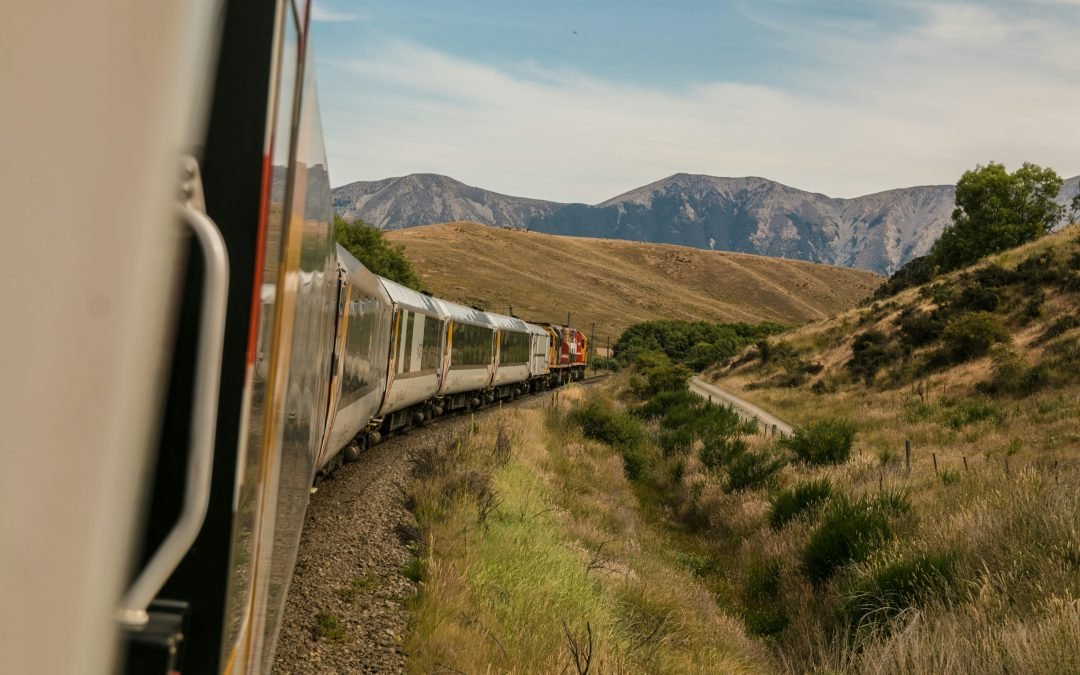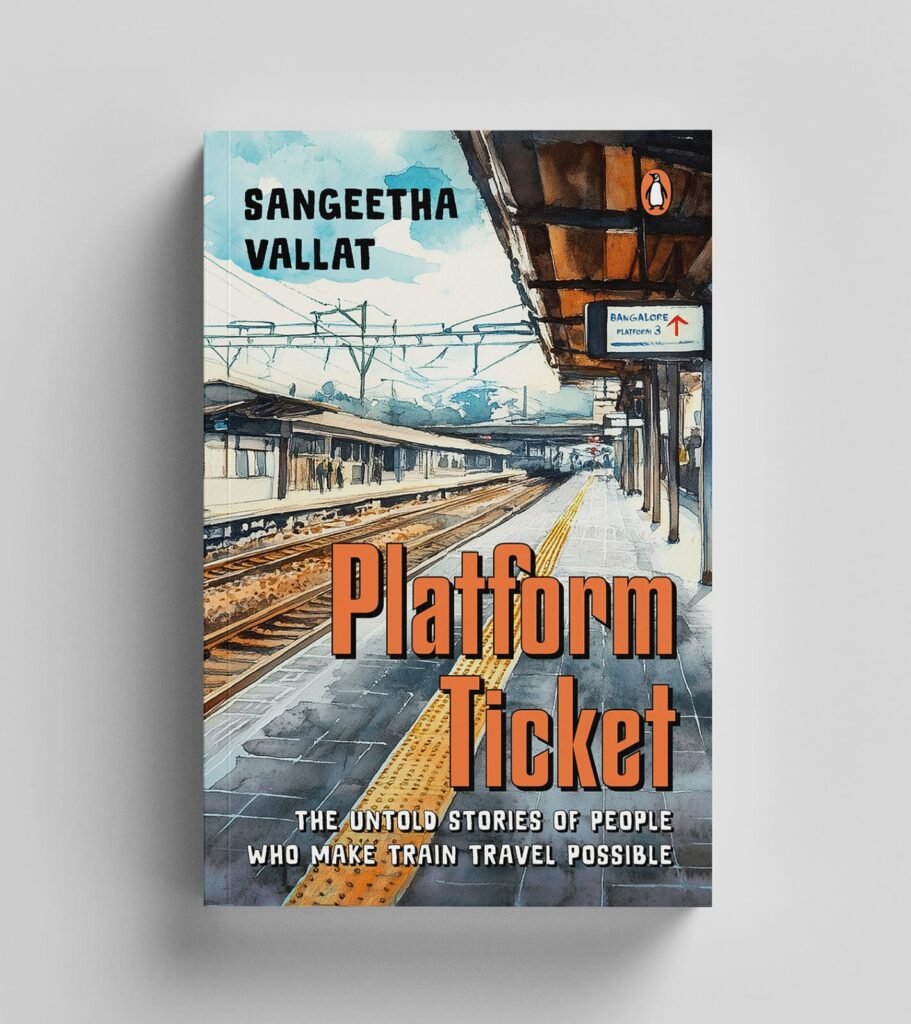
THOSE GOLDEN DAYS
I wrote this blog post in June 2019. Growing up as a single child, I looked forward to summer vacations where I could meet my cousins. We had such fun; indeed, they were golden days. Don’t you all have cherished memories of holidays with cousins?
Those Golden Days
Cousins are often our first friends, and I was blessed with a truckload of the very best. Born into a sprawling family on both my maternal and paternal sides, I have a lifetime of memories etched into my ever-fading memory bank. As an only child, my summers were a season of joy, spent soaking up the essence of siblinghood with my cousins.
Growing up in the city, everything felt like it belonged to someone: mine, yours, his, hers. But stepping into our ancestral home, or tharavad, was a different story. There, everything was ours. The extensive landscape, the food on the table, the toys, the books, nothing had a single owner, and that’s what made it magical. With my Achan being one of 12 siblings and Amma one of 7, I had no shortage of cousins to bond with.
Summer vacations were split evenly, half spent in my mom’s tharavad, where only my grandparents lived, and the other half at my dad’s tharavad, where cousins from Bangalore would descend. My mom’s side of the family lived in Chennai, and we often met there. In the first half of my vacation, I read books, played with the neighbours and engaged in conversations with old people. There was a respected older man of our family who encouraged my outspokenness and chuckled at my stories. Although I enjoyed the quietness here, it was the second half of my vacation that I genuinely looked forward to. Achan’s home was always overflowing with aunts, uncles, cousins, and the gentle contrast between my tall, stoic grandfather and my petite, ever-smiling grandmother. Yet somehow, there was always room for everyone.
This tharavad sat in splendid isolation, overlooking an endless expanse of paddy fields. After harvest, the brown sun-baked fields would turn into our playground. If harvest was delayed, we pranced around the green paddy fields, taking care not to fall and damage the crops. Nature was our constant companion, with the whir of crickets, the croaking of frogs, shiny beetles buzzing toward tube lights, and even the occasional snake.
Mornings began with open-air chatter as we brushed our teeth under coconut trees, painting the ground white with foam. We’d collect fallen mangoes in the backyard, though grandma never stopped feeding us plate after plate of sliced mangoes. We watched cows being milked, giggled at the odd sensation of their warm, velvety necks, and ran wild under the canopy of trees. Our private pond, overgrown granite steps, and all were a favorite haunt. We’d link hands and wade in together, always under the watchful eyes of an adult. Sometimes we’d venture to the river, a grand expedition involving soaps, clothes, bundles, and a lot of splashing. I still remember the delight of learning to float in the arms of an aunt, even as my delicate skin broke into rashes from the muddy water.
Mealtimes were chaotic. The dining space rang with laughter, noisy banter, and the occasional special treat from a loving aunt, usually shared with a favorite cousin. Everyone had their “person”, an uncle who brought treats from work, an aunt who’d sneak you an extra laddu. My favorite was an uncle who’d ask each of us what we wanted, patiently collecting our long lists and returning with goodies by evening. We’d watch for him from afar, racing down the winding path through the fields to greet him and carry his bags.
Evenings slowly faded into nights filled with long shadows and eerie sounds. I’d cling to my dad, terrified of flying toads and ghost stories. My countryside cousins were braver, unfazed by snakes or frogs, and I admired them immensely. Long walks through the fields were a delight, plucking husked rice grains and gobbling them up as my cousin peeled them one by one. Even today, I can’t resist touching “touch-me-nots” when I spot them, no matter who’s watching.
We explored every nook and cranny of the tharavad, climbing into the attic to stare at the stuffed bull’s heads (some forefathers’ hunting prowess or a beloved pet), sift through dusty books, or admire the wall of wedding photos. We imagined our own wedding pictures joining the ranks one day.
Of course, we had our mischief too. When our unmarried uncles stepped out, we’d sneak into their bachelor quarters to ogle at Debonair, Playboy, and a few local Malayalam magazines, one of us always keeping watch across the fields.
Hide-and-seek was an adventure with so many secret spots to vanish into, sometimes so good we’d fall asleep unnoticed. We played “house,” fashioned bowls from teak leaves, and married each other with flower garlands. Rosary pea,(coral and black beads), “kunnikuru,” were our precious jewels. And oh, the countless trips to “Sajna Musicals” to record our selection of songs onto cassettes. I even befriended a shopkeeper near the bus stop, Chandran, who waited eagerly every summer to hear my wild stories. Even after I started working, I made time to visit him until he passed away a few years ago.
We had a local thatched-roof movie theatre that would restart the film just for us when we arrived late, thanks to my uncle’s popularity! A dozen of us would pile into an auto with snacks packed by grandma….Kerala banana chips and sweet halwa, and giggle our way through the ride. Didn’t we giggle and whisper too much with cousins and friends in our younger days? One cousin, fresh from Bangalore, once wailed for Gold Spot when all the theatre offered was Kappilandi (peanuts) and chaya.
Weddings were frequent and fun in the tharavad. With limited washrooms, a makeshift shed was built near the well. Bathing in pairs to save time often meant more laughter and less bathing. We have photos of all the women wearing the same red lipstick (courtesy of our Bangalore cousin), striking poses with the newlyweds while we expertly photobombed them. I secretly wished my wedding reception would be held right there, in the courtyard, with a paper plate of mixture and a cupcake balanced with a banana.
As we grew older, innocence slowly faded into caution. No more shared baths or hand-holding walks. But the bond only deepened as we whispered our secrets, first crushes, ambitions, and heartbreaks, late into the night.
Time flew. Cousins married, moved, and became parents. The old tharavad eventually crumbled, no more communal ownership, no more central hub. But the love we cousins shared never left.
Now, no matter where we are in the world, when we reunite, we slip right back into those golden days. A glass in hand, smile on our lips, we relive every moment, every prank, every silly fight and secret. We are still that same crazy bunch, just a little older.
P.S. Just got back from a road trip with my cousins, no spouses allowed. And what a riot it was!
Picture Courtesy – Unsplash- Jordan Whitt


